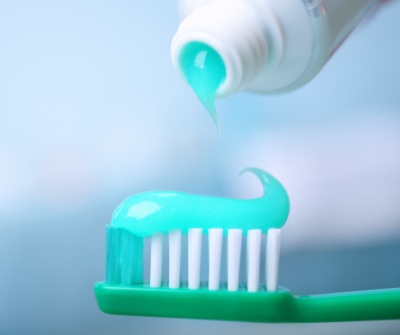We all know a little bit about fluoride. First, it is the most vital component of our toothpaste. When buying one, many of us also check particularly for the presence of fluoride in toothpaste. Ever wonder why? Because fluoride is a mineral that is present naturally inside our bones and also our teeth. It helps to keep the bones strong and our teeth shiny by protecting the enamel (the uppermost layer of a tooth). However, just like any other resource, the fluoride present in our body also depletes. Therefore, to ensure the presence of fluoride in our bodies, we tend to take this naturally occurring substance in our diet.
Where is Fluoride Found?
Most commonly and naturally, fluoride is present in a lot of things such as plants, rocks, air, soil, and water. In the United States, a process known as fluoridation is done in the drinking water, in which very minor quantities of fluoride are mixed in the water to ensure healthier and stronger bones and teeth. Fluoride is also present in a lot of foods and medicines. While medicines are only recommended for people with a severe deficiency of fluoride, all foods containing fluoride should be consumed.
Benefits of Fluoride
In the context of oral health alone, fluoride is used in a number of ways, such as:
Fluoride helps in the rebuilding of tooth enamel. Over time, your enamel may lose all its essential minerals, which is why you may have to deal with gum disease and tooth cavities every once in a while. The reason may be weakened enamel, which then allows the bacteria to penetrate deep inside the tooth cavity. In this case, your dentist may advise you to use fluoride toothpaste and mouthwash and take other supplements so that the enamel can be remineralized.
If you are experiencing early signs of tooth decay, it may be due to a loss of fluoride. You may notice that you are having tooth pain after you change your toothpaste. The spread of harmful oral bacteria may also be reversed with the help of fluoride toothpaste.
It is not uncommon to experience pain in the tooth or face oral health challenges after changing toothpaste or mouthwash. If you are experiencing a lot of pain or numbness in your mouth, it may be due to weakened enamel. Contact River Valley Smile Center today to seek treatment.


